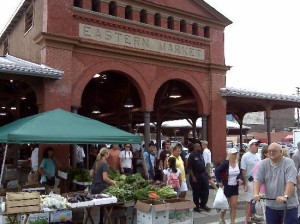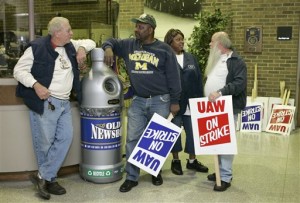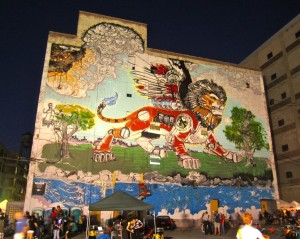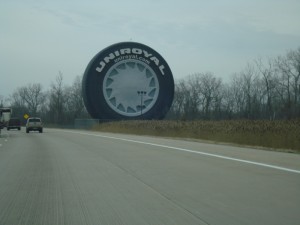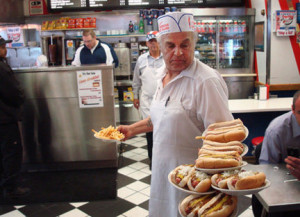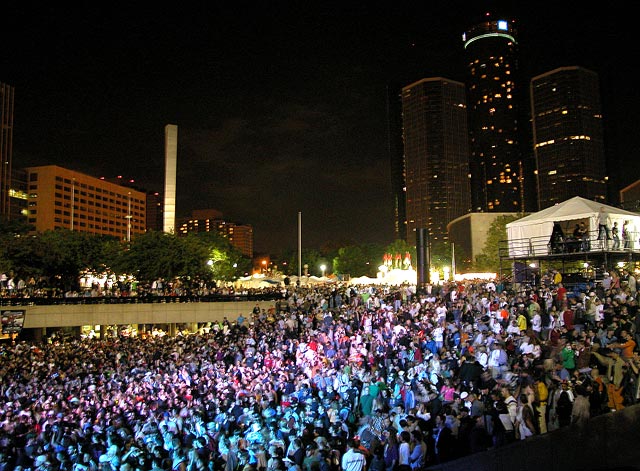On Detroit, or: Cities don’t go bankrupt, city governments do.
If you have been reading news headlines over the past couple weeks, then I think it might be important to keep in mind that the city of Detroit has not been razed or destroyed in the past few days. The city of Detroit is not over; the city of Detroit has not failed; and the city of Detroit is not gone. It’s still right there, where it has been all these years; see, look, here it is:
Here’s what has happened, over the past several days, and all that has happened: One institution, out of the millions of things going on in Detroit — specifically the single most confining and abusive and irresponsible institution within the city — the government which latched on to the city of Detroit and has tried to rule and exploit it for decades — has announced that it no longer intends to pay off the people and the institutions and the banks who paid it loans in advance of future tax revenues. That one institution, which claims, arrogantly and fraudulently, to speak for the whole city of Detroit, and which intends to force the whole city of Detroit to pay for its mistakes — the same city government which has bulldozed Detroit neighborhoods and tried to sell out the city to the auto cartel and to corporate developers at every opportunity — the same city government whose attitude towards the people of the city has over the years ranged from one of constant low-level antagonism and hectoring, to one of repression and open warfare against them — the same city government which is now run by an appointed Emergency Manager
from the state government, installed in a last-ditch effort to loot the city without the normal political restraints, for the sake of institutional bondholders, before things came to this pass — that one institution within the city of Detroit has announced that it wants to default on debts that most of the city never were asked about and never agreed to take on. And this may mess up that institution’s budgeting process for some time to come. What’s happened is something notable, but it is also something far less important than it’s being treating as, and something with far more political fascination than human significance.
There is no threnody of grief to be had here, no punishment for hubris or failures or sins, no final unraveling to reveal, no long-coming tragedy of decline or death for the city, if the city
is supposed to mean anything at all other than the government.
That government has taken over and inserted itself into so many parts of the city of Detroit that this may make things rough. Perhaps it will even make things rougher than they already were — although the reasons that are usually given for thinking that always seem to me to depend on some assumptions about the role of government in Detroit which I think are probably false. (If it is hard for the city government to allocate more money to the Detroit police department, is that going to make life worse in the city? It probably depends on what end of the stick you find yourself on.)
But the important thing is this. Detroit is not the crisis of a handful of elected, appointed and installed government officials. Detroit is not its most abusive institutions; it’s not a political project; it’s not a single institution at all, no matter how dominating its intent or arrogant its claims. It’s something much bigger, much better, and much more important than that. Detroit is the Ujamaa Food Coop and the Masonic Temple, UAW Local 174 and the Reuther Library. Detroit is the Tigers, Friday fish-fries and Paczki Day, the Red Wings and the Pistons, the Movement Electronic Music Festival and John King Books, the giant tire on I-94, the Eastern Market and the Afro-American Music Festival. the People’s Pierogi Collective and Joe Louis’s arm.
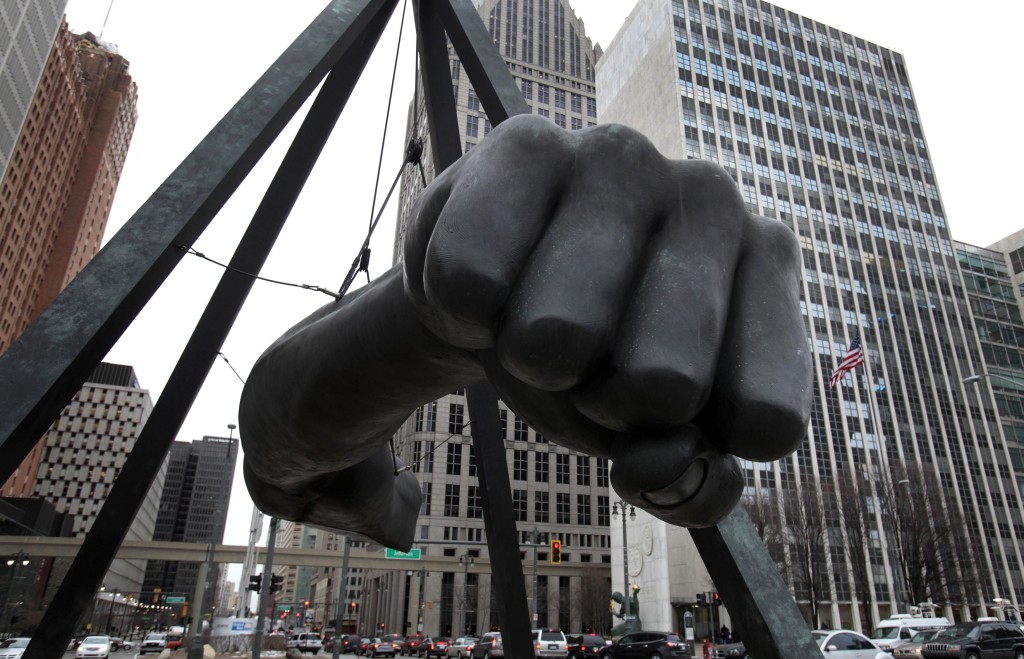
Detroit is fresh kielbasa and original
Coney Islands (whichever one you think deserves the title); barbecue pork, and felafel and fries with a fruit smoothie; blind pigs and warehouse raves, Arabic signs[1] and pointing to the knuckle of your thumb to show where you’re from. Detroit is 19 year olds making the pilgrimmage to Windsor for booze[2] and to Royal Oak for coffee. Detroit is the home of Rosa Parks and of Grace Lee Boggs. Detroit is the Michigan Citizen and the Metro Times. Detroit is the Rouge plant and Fifth Estate. And Detroit is the long history of displacement, homecoming, work, music, food, culture, strife, love and building that the city grows up out of. Detroit is bigger, stronger, more resilient and much more important than the government’s budget.
Detroit did not cause this crisis. The city government and the state government and the bankers they deal with, who dominate and exploit Detroit, did that. And though Detroit will be forced to pay much of the bill, Detroit is not threatened by this crisis and will not be ended or killed, because Detroit never depended on the city government or the state government or the institutions they deal with for what it is or what it has done. To grow, and to survive, and to thrive, Detroit depends on its people, on the collision and the seeping-together of its many cultures and subcultures and neighborhoods and scenes, on those people’s work and their industry and their craft and their experiments and their interconnection and solidarity and mutual aid. The city of Detroit is its people, not its politics, and it will live on in those people over, above, beyond, and in spite of, the ongoing efforts of local governments and state-appointed emergency
governments and corporate-political managers
to somehow bail out and save government’s place within Detroit. Everyone would be better off if the austerity
government, along with all other local governments, just took this as an opportunity to pack it in and leave the city entirely alone — rather than attempt to somehow auction off, bail out, and save the essential command-posts for its political takeover of people’s space and public life. But even without that, the city continues, and lives, no matter how much the politics falls apart.
Also.
- [1]These are of course mostly in and around Dearborn. But Dearborn is of course part of Detroit. Detroit is its communities, not its municipal administrations or the lines that they draw on maps.↩
- [2]Yeah, that’s in Canada. It’s the part of Detroit that happens to be across the Canadian border. Detroit is all its communities, not its municipal governments. Or its national ones.↩

